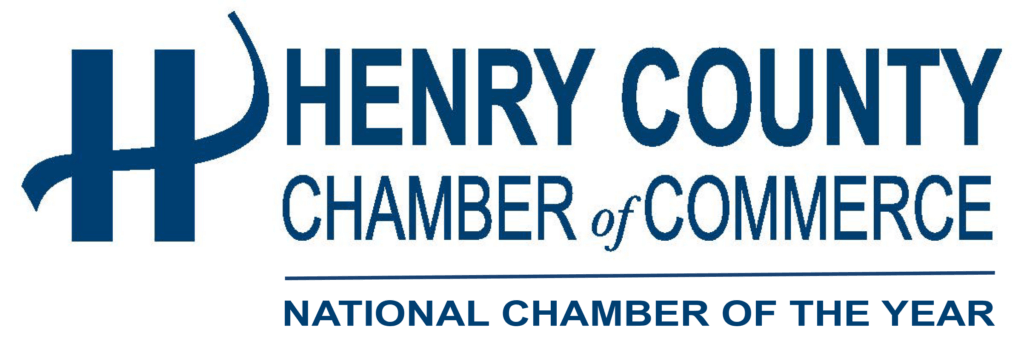Aligning Legal Standards with Patient-Centered Healthcare
In the evolving realm of healthcare, the intersection of personalized patient care and stringent legal compliance presents a complex challenge. Healthcare providers must deliver tailored care while navigating a landscape of intricate regulations. This article delves into actionable strategies that ensure both personalized care and adherence to legal standards, emphasizing the importance of clear contracts, updated protocols, transparency, continuous education, teamwork, data protection, and cultural competence.
Staying Ahead: Updating Care Protocols for Optimal Compliance
Regularly reviewing and updating care protocols is crucial for maintaining effective and compliant healthcare services. This practice aligns with the latest advancements in personalized care and evolving legal standards, minimizing malpractice risks. By integrating electronic data capture systems for real-time data collection, you can enhance data accuracy and compliance, significantly reducing errors. Implementing risk-based monitoring helps focus resources on high-risk areas, improving efficiency and data quality while cutting costs. Continuously refining care protocols fosters a culture of compliance and ensures ethical patient treatment.
Ensuring Legal Clarity and Security in Healthcare Contracts
Crafting clear contracts is essential for protecting both healthcare providers and patients. These agreements define the scope of services, establish legal protection, and set clear expectations, reducing misunderstandings and potential malpractice claims. Embracing digital signatures for e-signing contracts offers a secure and sophisticated solution. This method requires a unique digital certificate and PIN, ensuring your identity is verified and authenticated. By opting to create a digital signature, you can confidently manage legal obligations while focusing on individualized patient care.
Building Trust Through Transparency and Education in Healthcare
Building trust and cooperation in healthcare requires open communication between patients and providers. Sharing clear information about treatment options, risks, and costs helps patients feel involved in their care. This approach fosters confidence, making it easier for individuals to follow recommended treatments and avoid avoidable health issues. Providing education about health conditions encourages patients to take proactive steps, such as maintaining appointments and adopting preventative measures. When patients feel valued, their commitment to managing their health tends to grow.
Staying Legally Informed: A Necessity for Healthcare Providers
In the ever-evolving healthcare landscape, continuous legal education is essential for staying updated on the latest laws and regulations affecting patient care and malpractice prevention. This proactive approach helps you navigate complex legal frameworks and enhances your ability to deliver individualized care without compromising compliance. Participating in workshops, seminars, and online courses ensures your knowledge remains current, reducing the risk of legal issues. Joining professional organizations offering tailored resources provides immediate access to expert guidance when needed.
The Importance of Continuous Education in Healthcare Compliance
Staying informed about the latest legal regulations and ethical care practices is crucial for avoiding malpractice. Engaging in continuous education keeps you up-to-date with advancements in areas like AI, telehealth, and data privacy, integral to modern healthcare. Regularly consulting with colleagues and participating in ethics-focused workshops enhances your understanding of cultural competence and confidentiality, key components of the ACA Code of Ethics 2024. This proactive approach maintains high ethical standards and supports individualized care that respects diverse perspectives.
Enhancing Patient Safety Through a Multidisciplinary Team Approach
Adopting a multidisciplinary team approach, including legal advisors, healthcare providers, and compliance officers, is crucial for balancing personalized healthcare with regulatory compliance. This strategy ensures patient safety protocols are adhered to and continuously improved. Legal experts help navigate complex regulations and prevent potential malpractice issues, while healthcare providers focus on delivering high-quality care. Compliance officers maintain up-to-date knowledge of regulatory changes, facilitate regular training sessions, and conduct risk assessments. This collaborative effort mitigates risks and fosters a culture of safety and trust.
The Role of Encryption in Healthcare Compliance
Implementing strong encryption techniques is essential for protecting patient information and adhering to privacy laws like HIPAA. By converting sensitive data into unreadable formats, encryption ensures only authorized individuals can access it, reducing the risk of data breaches. This shields healthcare organizations from potential financial penalties and maintains patient trust. With the increasing threat of cyberattacks, prioritizing encryption as a key component of your cybersecurity strategy is crucial. As technology advances, encryption solutions have become more affordable and adaptable, making it feasible for organizations of all sizes to integrate these protective measures effectively.
Enhancing Consent Through Cultural Competence
Incorporating cultural competence training into healthcare practices ensures consent procedures are respectful and effective for patients from diverse backgrounds. With over 20% of the U.S. population speaking a language other than English at home, providing consent forms in multiple languages enhances understanding and compliance. Training staff to recognize and adapt to cultural differences in medical decision-making improves communication of complex medical information and respects patients’ unique perspectives. This approach improves patient satisfaction and trust, reducing the risk of ethical violations and legal issues related to informed consent.
Balancing personalized care with legal compliance demands continuous effort and adaptability. Clear communication ensures patients understand their options while fostering trust. Ongoing education helps providers stay informed about evolving regulations and best practices. Collaborative approaches allow healthcare teams to address diverse patient needs without compromising ethical or legal standards. This dynamic process supports both quality care and professional accountability.
Discover how the Henry County Chamber of Commerce can empower your business journey with unparalleled resources, networking opportunities, and transformative programs designed to elevate your success and community impact!

